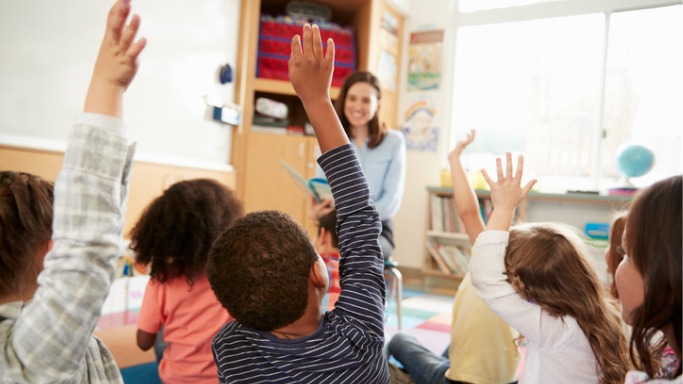Late last week, the Colorado State Board of Education, in a party-line vote, finalized new social studies standards that will, among other things, emphasize several social identity groups: Latino, Indigenous, African American, Asian American, Pacific Islander, and LGBTQ.
As a Colorado public school parent, I have questions and concerns about these new standards.
While I applaud efforts to make sure children learn about and appreciate diverse perspectives, I worry that these efforts can become a Trojan Horse for lessons based on critical race and gender theory. I hope this is not the case. But if these standards represent a move toward these misguided and harmful critical theories, this will alienate some parents and families, distract kids from their learning, and could accelerate the already-concerning demise of public education.
First of all, some people may wonder: What is critical race theory (CRT)? It is a philosophical framework that starts from the premise that almost all of our current laws and institutions perpetuate white supremacy. It prioritizes racial identity over our common American identity.
CRT labels people, on the basis of skin color, as either victims or oppressors, and teaches black Americans that the deck is stacked against them and that they lack agency in their own lives. CRT teaches that our country was founded on white supremacy, that we have made little racial progress since our nation’s founding, and that, even in 2022, racism in America is the rule, rather than the exception.
In his book “Woke Racism,” liberal professor and author John McWhorter pushes back on “anti-racism,” the social justice movement based on critical race theory. He argues that anti-racism is a religion that hurts the very people it is intended to help. Americans who want their children to learn to treat others fairly and with compassion, no matter their immutable characteristics, share McWhorter’s concern. How does teaching children to conceive of (and divide) themselves into social identity groups foster greater inclusivity and mutual respect?
Sadly, there are examples of schools taking this concept too far and essentially teaching children to view themselves as oppressed and marginalized or privileged and racist.
The woke religion extends to gender as well. The belief that offering affirmation to gender-confused children is beneficial is simply that — a belief, and increasingly opposed to the scientific evidence emerging. Presently, other countries including the UK, Finland, and Sweden, are pivoting away from “gender-affirming care” after learning, in many cases, the evidence does not support medical intervention.
In response to public comment, the State Board of Education considered, but ultimately rejected, changes that would have delayed the introduction of the LGBTQ identity group until fourth grade in an effort to be more age-appropriate. This rejection was especially disappointing and shows just how deeply committed activists are to this new religion. There’s simply no need to explain sexuality and gender to children in schools at such a tender age. Parents should take the lead on this at home, and in accordance with their values.
None of this is to say that social studies lessons should whitewash history or exclude the voices and perspectives of diverse people. But we should focus on the human dignity and accomplishments of each individual and avoid encouraging students to see themselves first as members of groups based on immutable characteristics. Race, gender, and sexuality are indeed important pieces of our identities. However, reducing people to these group characteristics is to engage in a new (but truly very old) type of prejudice and stereotyping that Americans have fought against for so long.
This is all happening against the backdrop of Colorado’s abysmal performance on the National Assessment of Education Progress (NAEP). With steep declines in math and reading scores, and wide gaps for students of color, many parents may wonder why schools are focused so heavily on divisive social studies standards rather than the fundamental job of equipping every child to succeed.
Shortly following the vote on the new standards, Denver Public Schools sent an evening email update on their plan to consolidate and close several schools due to declining enrollment. Jefferson County Schools also finalized a plan last week to close 16 schools next year. Colorado’s statewide public school enrollment is nearly 27,000 below the fall of 2019, before COVID. Some of this is due to population changes and lower birth rates, but also due to families choosing charter schools, private or online schools, or homeschooling.
This is not coincidental. Many families have already fled the public school system because they don’t feel their values are respected, or because they’ve lost faith in the public schools’ ability to provide a good education. This has implications for all of society, where people seem increasingly insulated, politically and culturally.
As a Colorado parent, and the product of public education myself, I want to continue to send my kids to public schools, because I want them to befriend and learn alongside kids of diverse backgrounds. Our public school is an important part of our neighborhood and community. While people of various religious backgrounds attend the school together, we all understand it’s not the job of public schools to teach religion or favor one faith over another, including the secular religion of critical race theory and gender ideology.
I hope my concerns about the new social studies standards are misplaced, and I hope school districts and teachers will be vigilant against efforts to divide, distract, or disorient children when it comes to race and sex. I know that as a parent, I will be.

